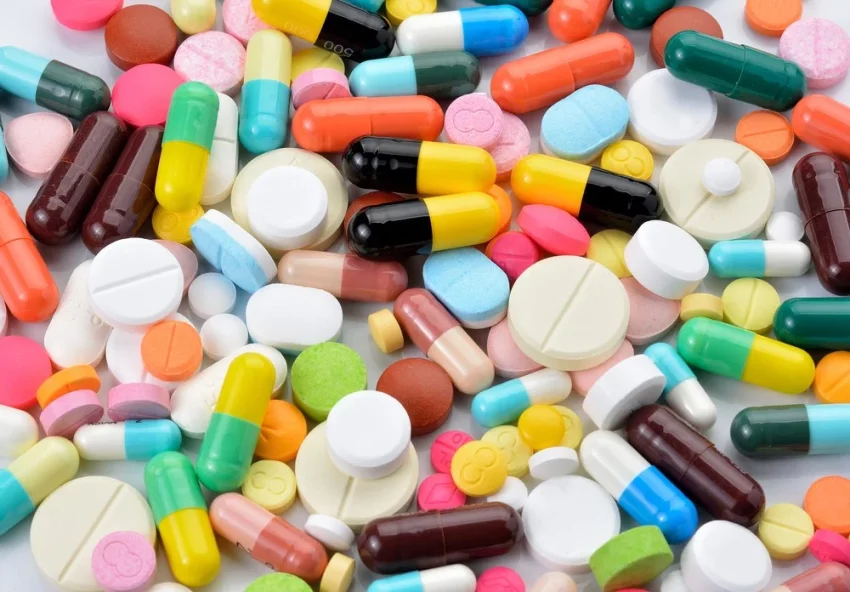In recent years, a revolutionary form of therapy has gained prominence in the world of mental health treatment – MDMA therapy sessions. MDMA, also known as “Ecstasy” or “Molly,” is a substance that has long been associated with recreational use at music festivals and parties. However, when administered in a controlled clinical setting, it has shown incredible potential for healing, personal growth, and fostering deep emotional connections. In this blog, we will explore the world of MDMA sessie sessions, shedding light on its history, therapeutic benefits, safety, and the hope it brings to those seeking mental and emotional well-being.
The History of MDMA Therapy:
MDMA was first synthesized in the early 20th century, but it wasn’t until the 1970s that its therapeutic potential began to be explored. Psychiatrists and therapists initially used MDMA to facilitate talk therapy, as it appeared to encourage open communication and empathy. However, due to its association with recreational use and regulatory concerns, research was restricted.
In recent years, there has been a resurgence of interest in MDMA therapy, with clinical trials and studies showing remarkable outcomes for those suffering from conditions like post-traumatic stress disorder (PTSD), anxiety, and depression.
The Therapeutic Benefits of MDMA Sessions:
MDMA therapy sessions have demonstrated several therapeutic benefits, including:
- Trauma Healing: MDMA is particularly effective in helping individuals process and heal from past traumas, making it a promising treatment for PTSD.
- Enhanced Communication: The substance promotes open and honest communication, allowing individuals to address difficult emotions and experiences in therapy.
- Anxiety and Depression: Many individuals have reported significant relief from symptoms of anxiety and depression after undergoing MDMA therapy.
- Personal Growth: MDMA sessions can lead to profound self-discovery, personal growth, and a deeper understanding of one’s emotions and thought patterns.
The Safety of MDMA Therapy:
MDMA therapy is conducted under strict supervision in a controlled clinical setting with trained therapists. This greatly reduces potential risks and adverse effects. It’s important to note that recreational use of MDMA is not the same as therapeutic use, and unsupervised consumption can be dangerous.
The Legal Framework:
The legal status of MDMA therapy varies from country to country. In the United States, the FDA has granted “Breakthrough Therapy” designation for MDMA-assisted therapy for PTSD, indicating growing acceptance and recognition of its potential.
